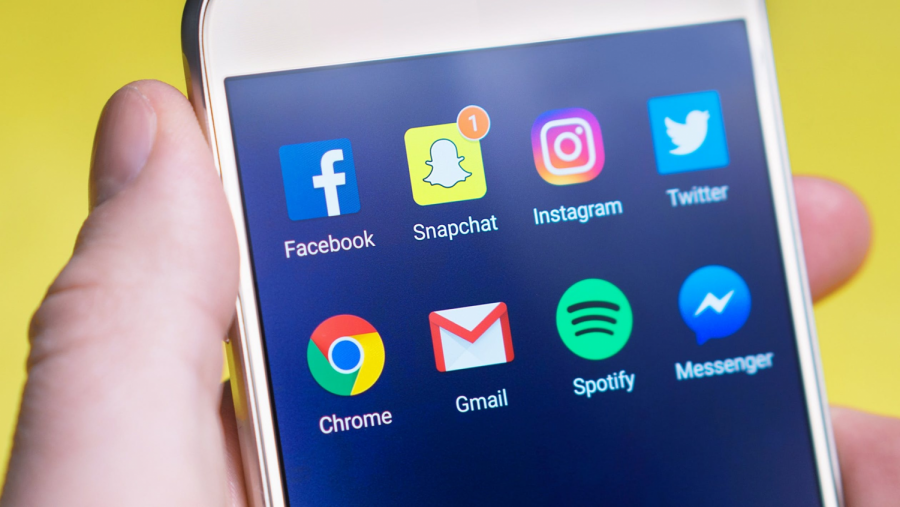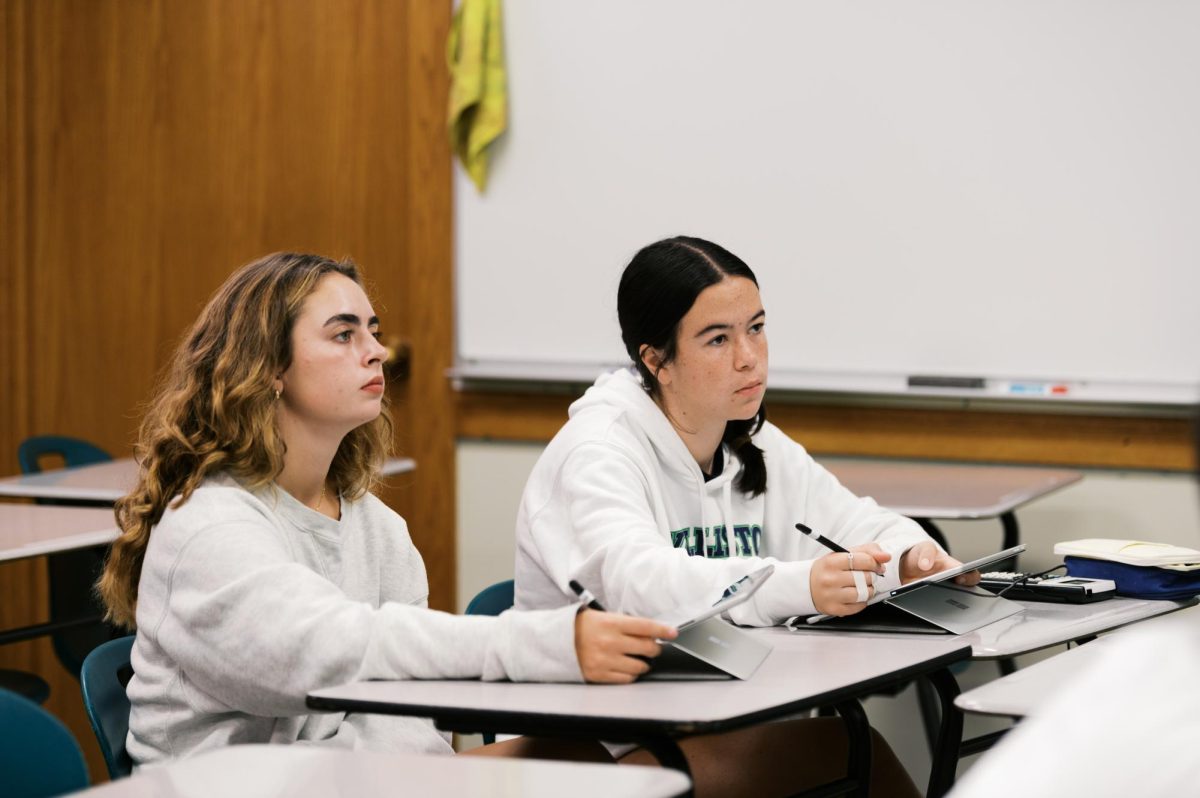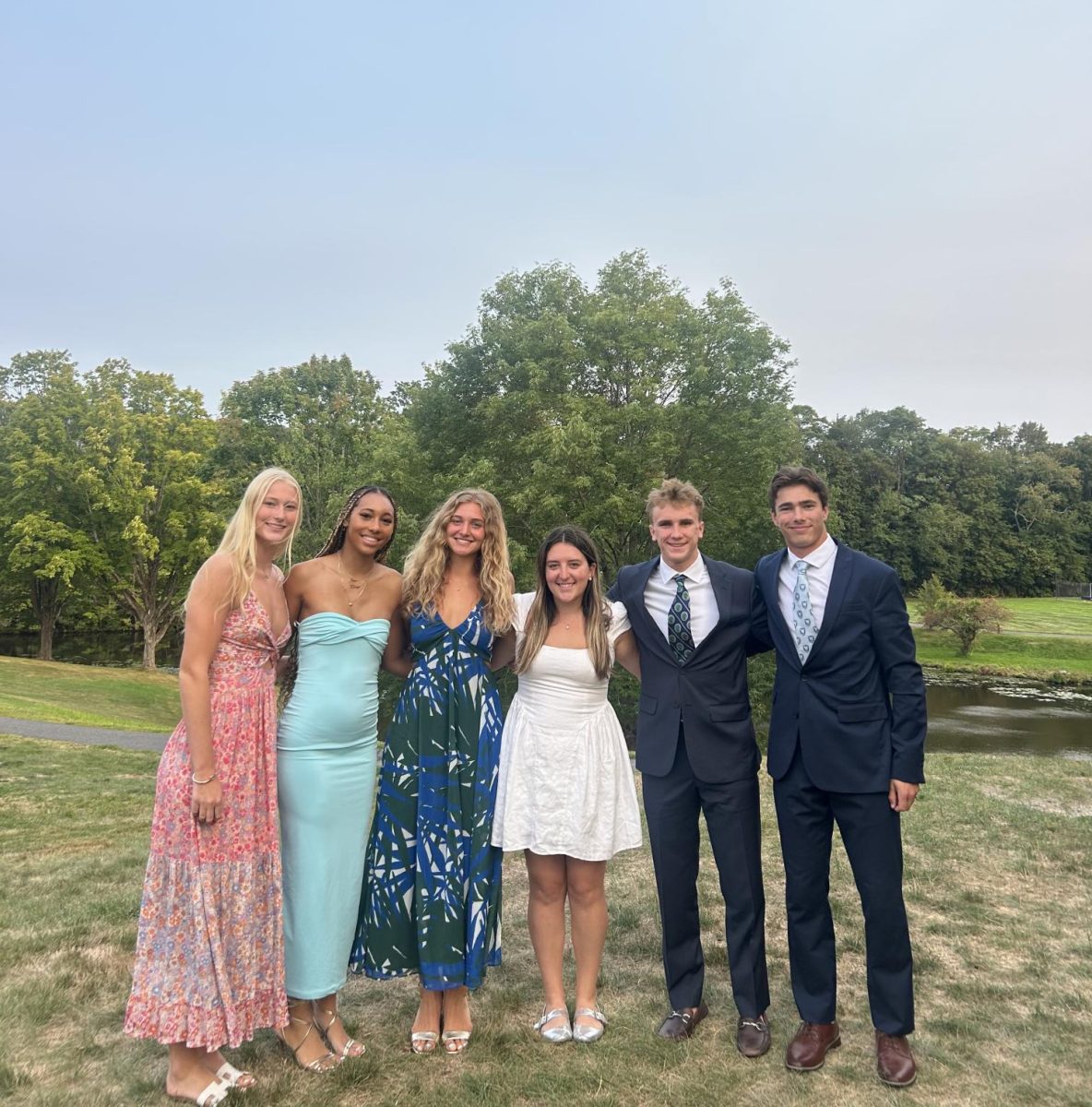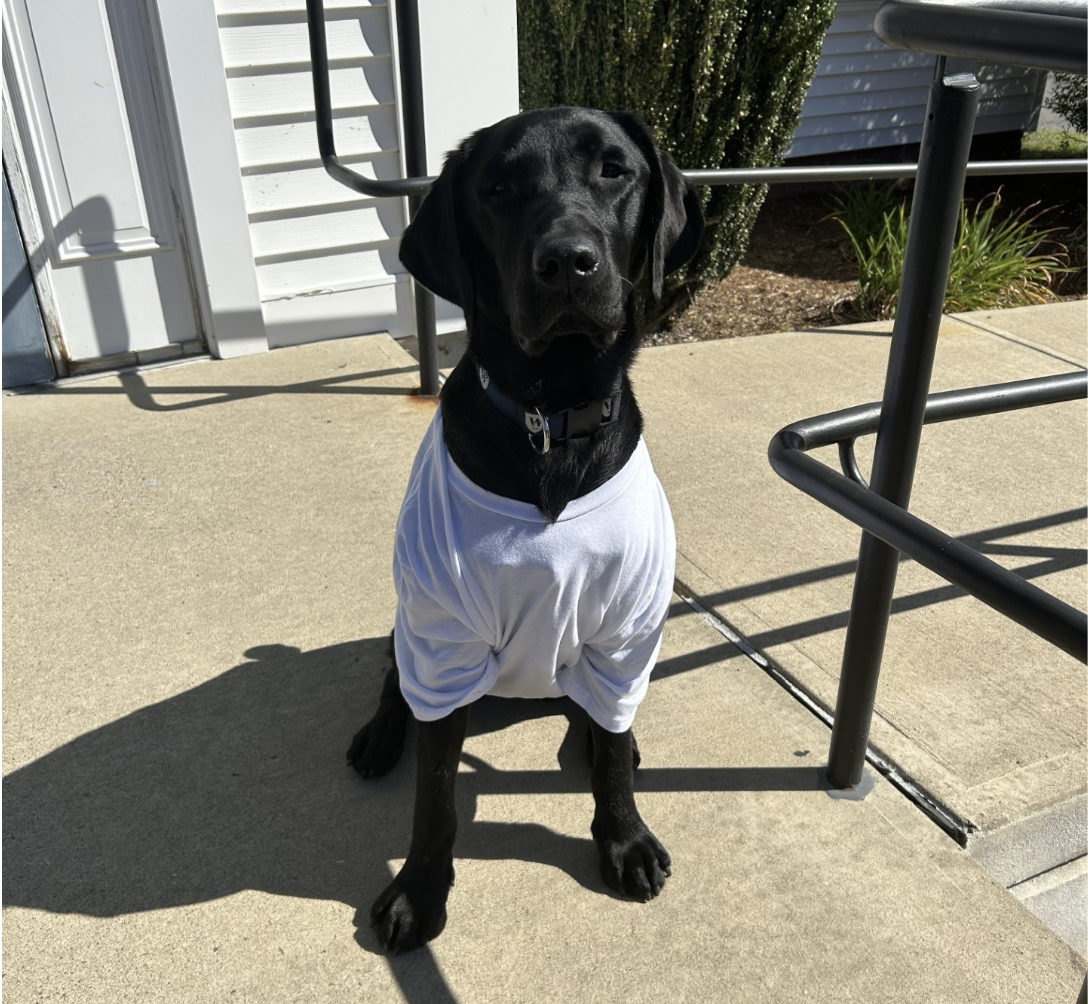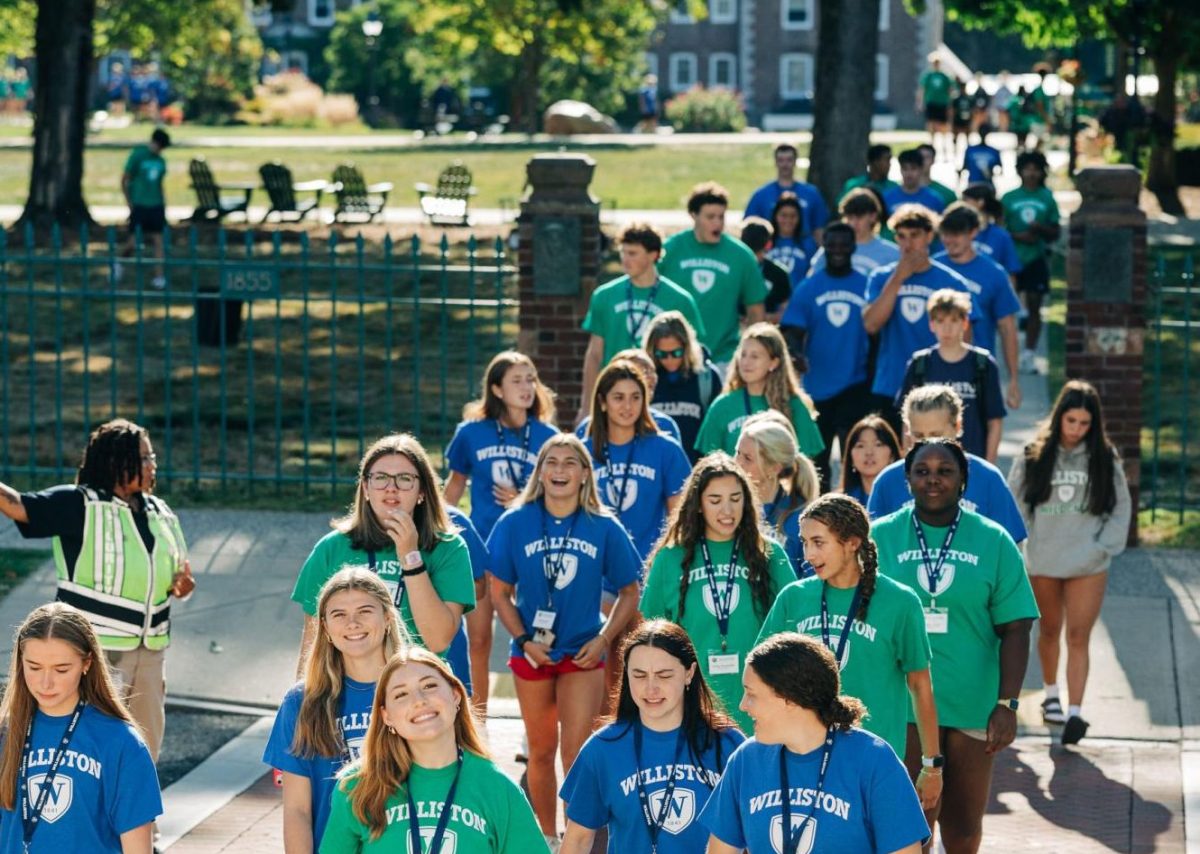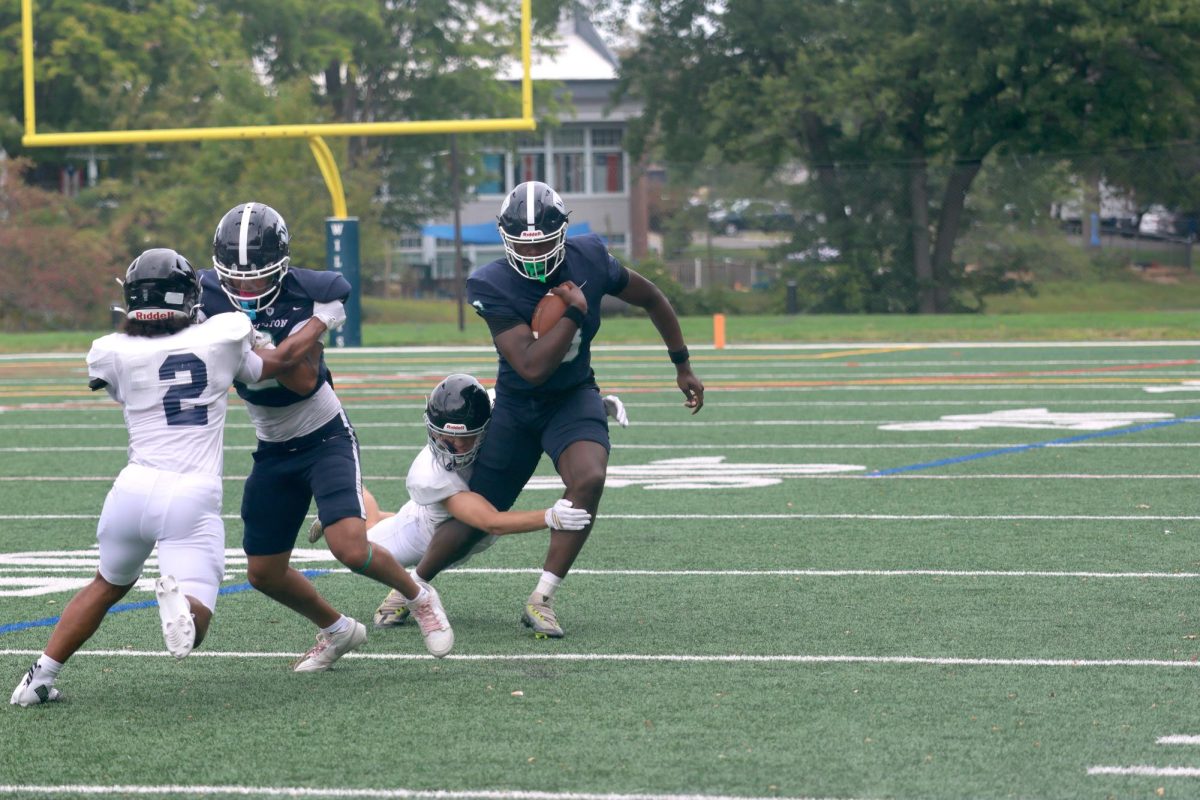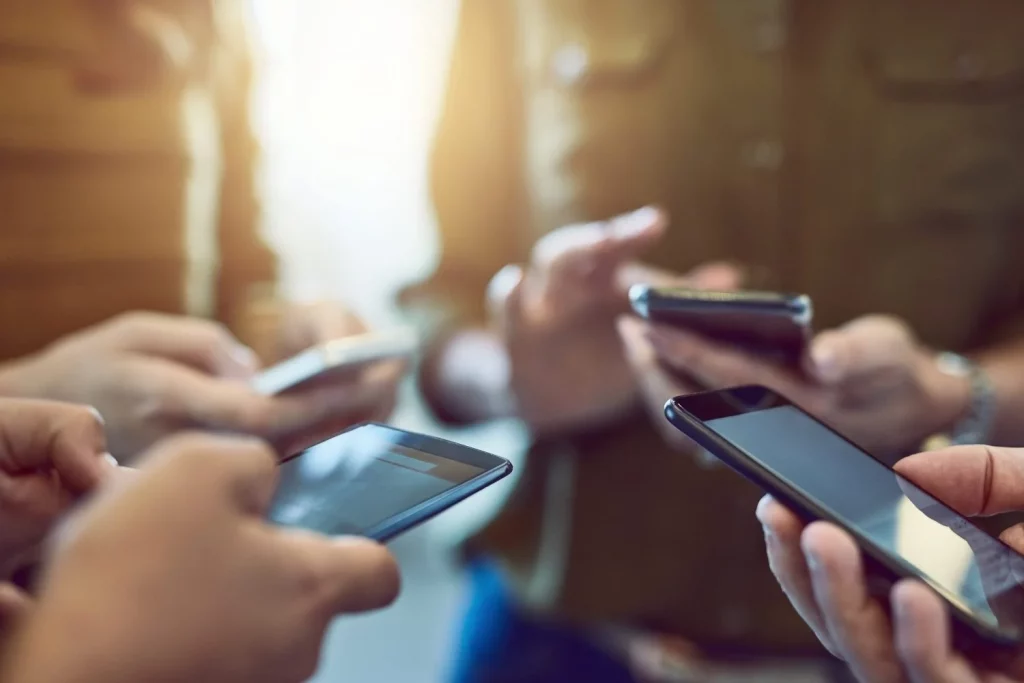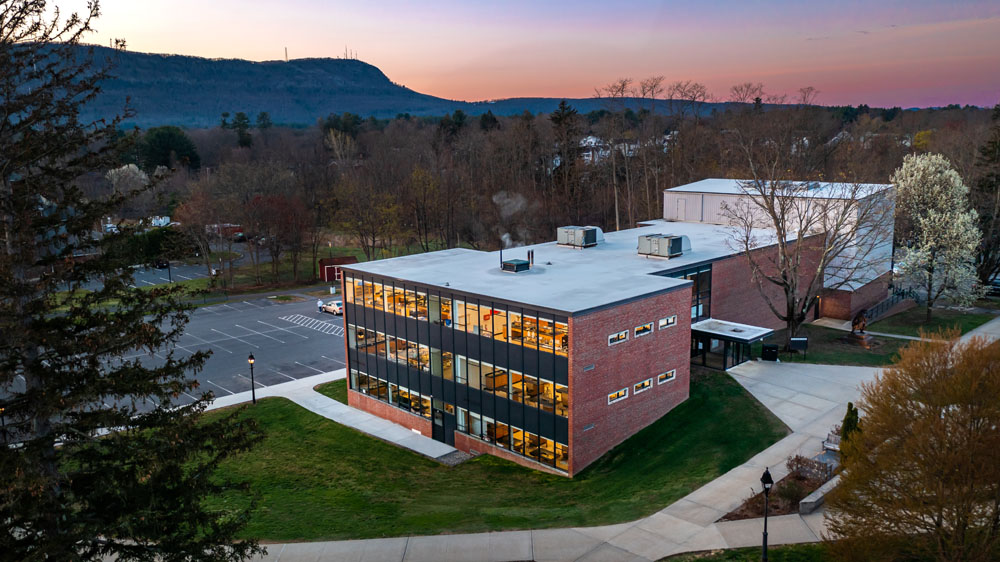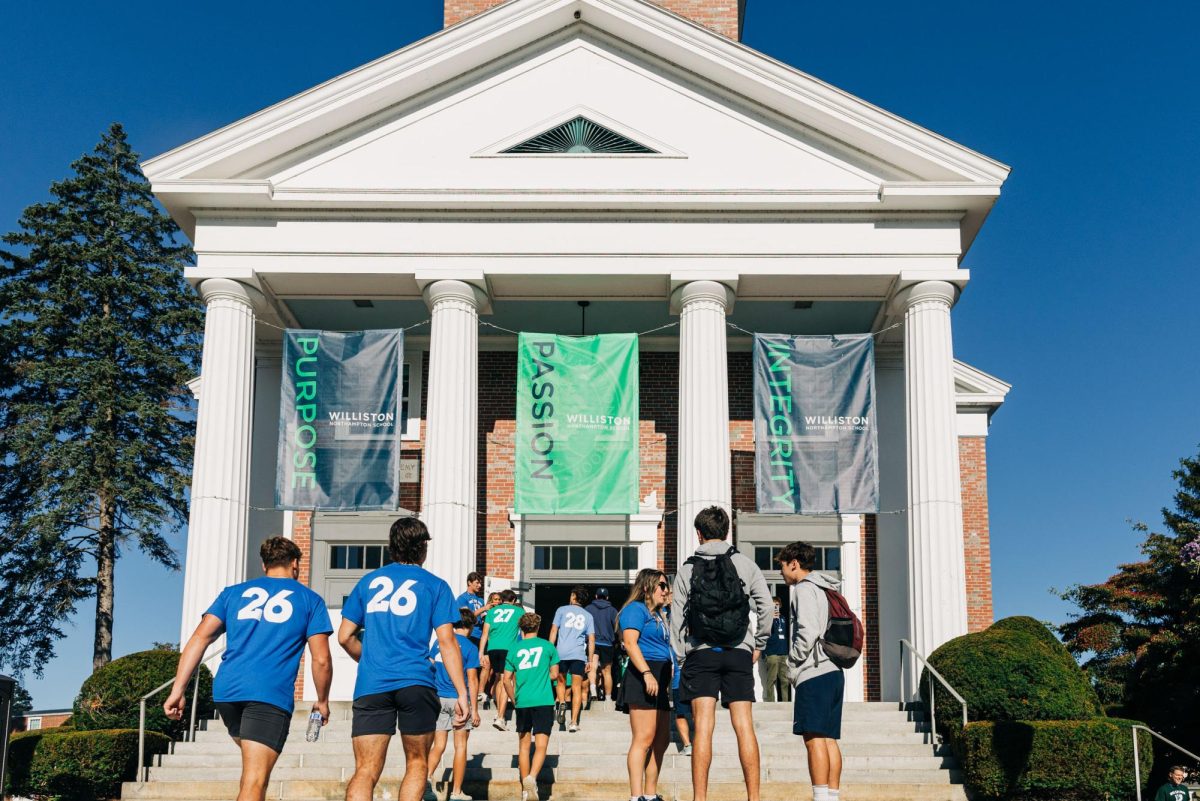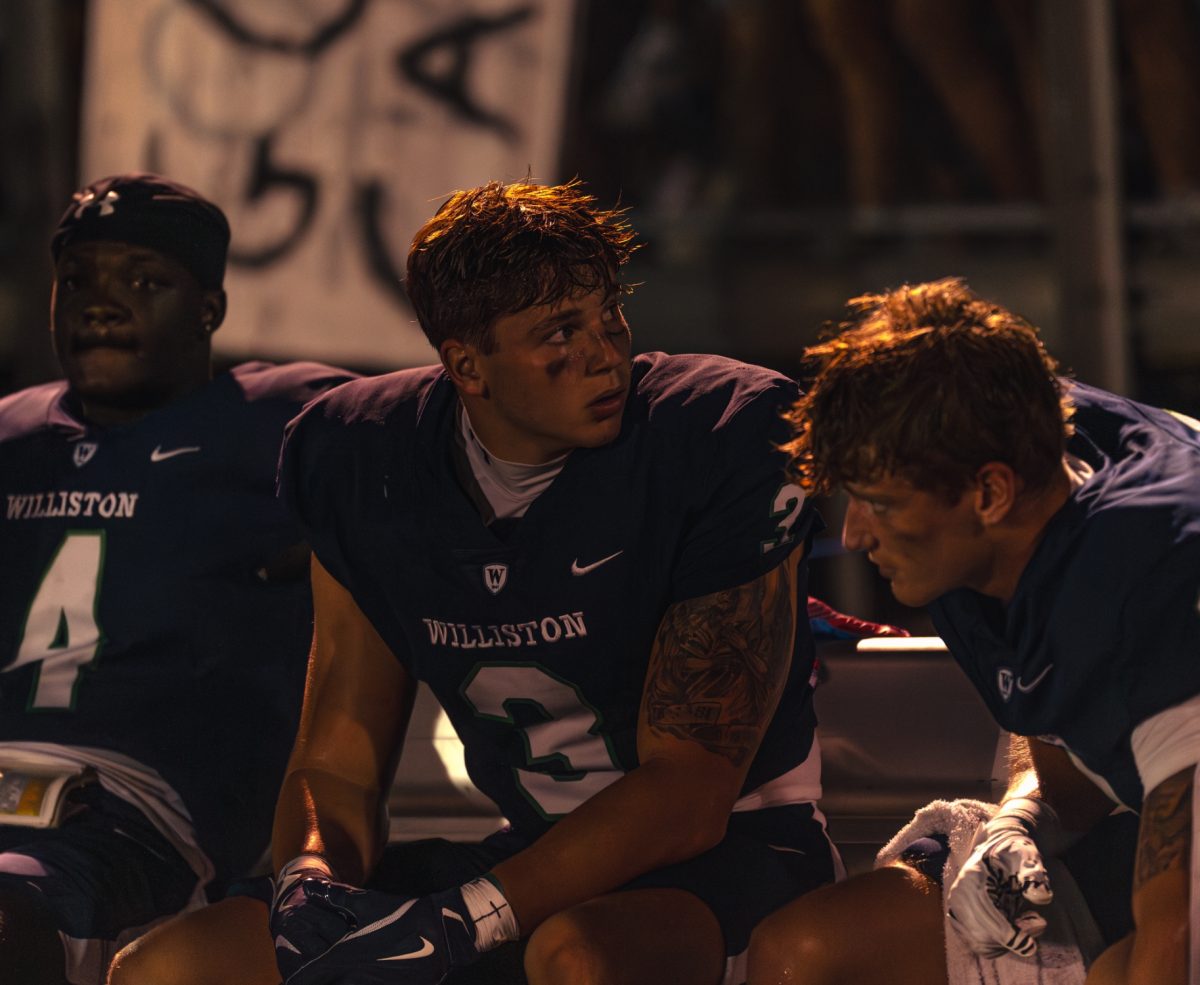Willison students alike have been bombarded with news from all directions. Whether from conversations with their parents, TikTok, or banter with friends, the way we get our news can affect us and the people around us more than we know. And social media, particularly the speed at which it travels, isn’t necessarily making things better.
The internet has allowed all of us to voice our opinions and talk to one another all across the globe, creating one giant web of voices and opinions that influence us in more ways than we know.
While the first known journalistic publication was said to be before 59BCE, according to Brittanica. TV news on the other hand first was regularly broadcasted on February 21, 1940 when Lowell Thomas, a pioneer for radio and TV news broadcasting, hosted NBC’s nightly newscast.
Social media, however, in just a few short years, has changed the landscape entirely. The first social media platform, Six Degrees, was established in 1997, allowing anybody who had access to the internet to connect with people all around the globe. Facebook was launched on Feb 4, 2004, popularizing profile-based social media platforms which allowed millions to share what they are doing at any time. As social media has evolved, it is now reaching people earlier than ever.
Now, kids as young as 11 can often access the internet unfiltered. A researcher for the Harris Poll conducted a survey to see the age a child usually gets their first phone, and found the average was 11 years old.
An article by The Baker Center For Children and Families says that if your child is using social media and the internet to access social connections and feelings of community, learn and increase their education, learning and developing their interests, it can foster a smart and developing child.
On the other hand, 46% of teens aged 13 to 17 have had social media impact the way they see their bodies.
Social media can be great at times, allowing people to share their voices and opinions, but it can also create conflict on differing views, and leave no room for actual polite discourse.
JJ Johnson, a junior at Williston, believes that “everybody needs to take a step back from social media and learn to get along,” he exclaimed. JJ believes that social media can often lead to violence over just how quickly people’s unfiltered, often uninformed, opinions reach others.
Other students on campus have the same views. Peter Suranut, a proctor in Mem West, summarized the situation through a sociologist’s lens.
“Give people without power power, they don’t know how to act,” he said, referring to how social media gives anybody power to speak their mind, often resulting in conflict.
The world can be a scary place, with war, crime, polluted cities, corruption. But it can also be a beautiful, and social media allows us to share this as well.
Onion Quan, the writer of “Slice of Onion”, and a beloved member of campus, feels “happy and safe, even with all the civil unrest in the world,” and was adamant that despite the negativity being spread online, there are also people on social media who care about you.



